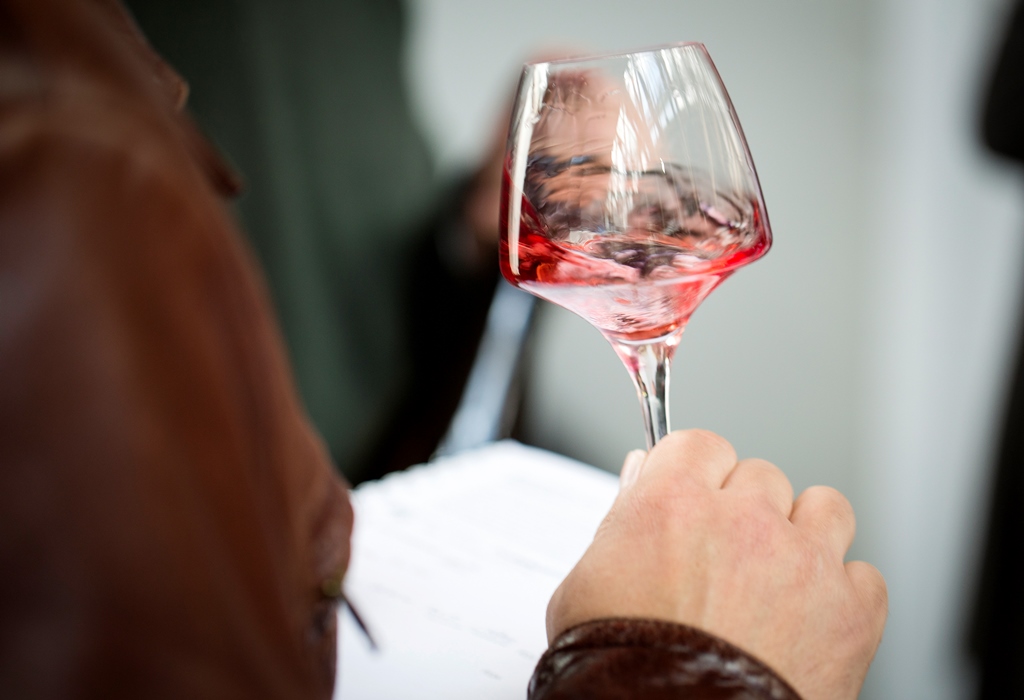
Non-Definitive Definitions
Natural wine, as I may have previously written ad nauseam, is a relative term, embracing a wide variety of criteria. Nevertheless we might broadly agree on those specific qualities that make some wines seem – and be – more natural than others. Some aver that we should arrive at, and then adhere to, a precise definition of natural; others would say that arguments are not worth a candle, and still others would have two opposing camps stewing and heckling each other from intellectual trenches under their respective banners. At best we might hope to have an intelligent conversation looking at multifarious examples of natural wine on their merits and perhaps discovering mutually acceptable terminology for a broad group of wines, at worst we will probably see diehards continuing to manufacture specious arguments out of thin air.
Many who purport to write authoritatively about the subject (i.e. with negative capability) appear to have little or no knowledge of the nature of the farming or winemaking practiced by naturally-inclined vignerons, since their contentions tend to be so general as to be meaningless. It is as if they are saying that the idea behind natural wine (whatever that might be) is flawed so the process qua process must itself be flawed, or that the process (whatever that might be) is flawed so the outcome must be flawed and therefore the idea is flawed. As if wine could ever be so axiomatic. The arguments, of course, are rather more subtle than this. For example, calibrating the chemical measurements of any wine this reveals very little of the character of the wine per se, will give no indication of its inherent balance, its origin, nor even the process behind it. Analysis is a numbers game, but is too often used to reduce (and I use that word advisedly) wine to a molecular level. There are more things in heaven and earth than are dreamt of in our sublunary scientific philosophy.
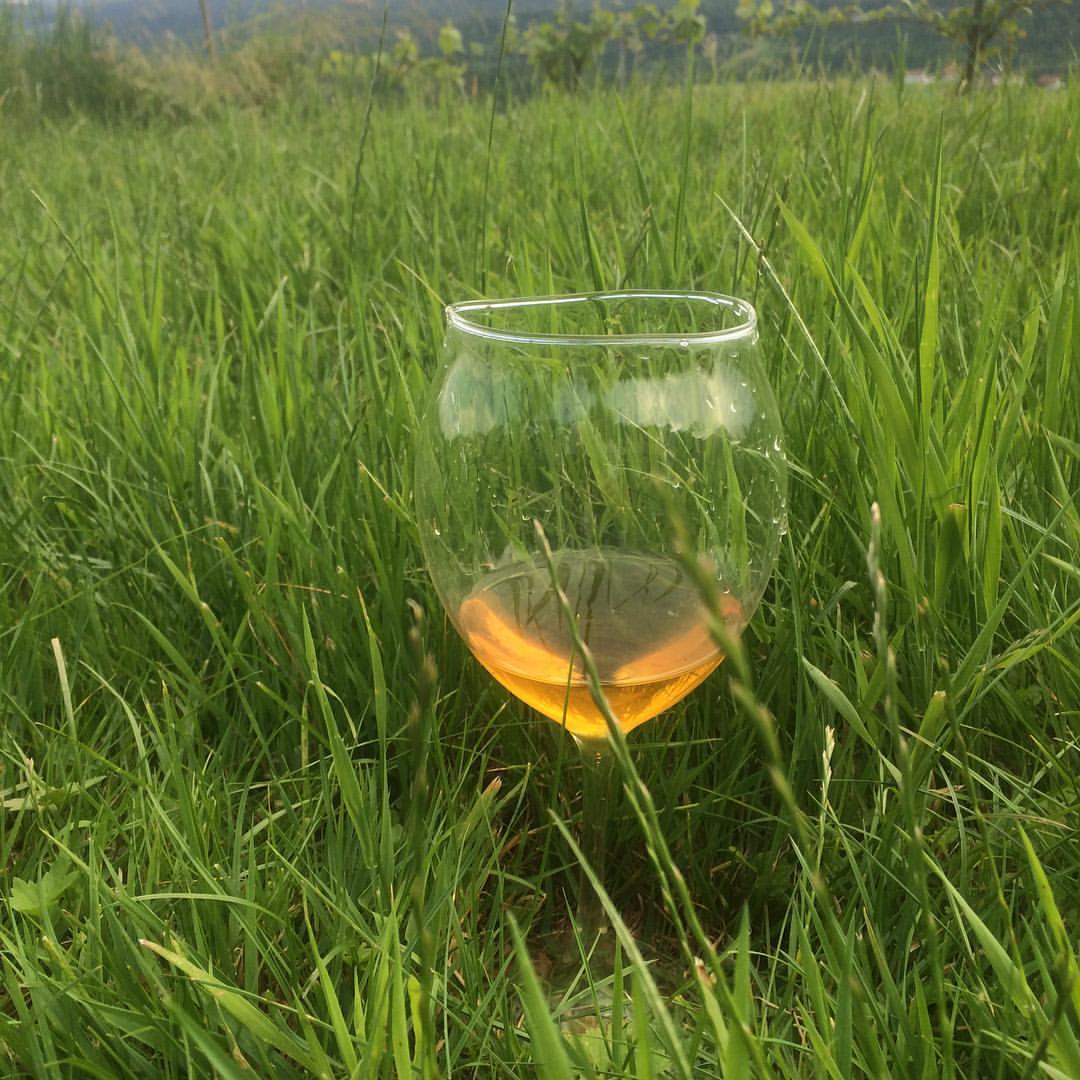
Yet the relative aesthetic value of the wine depends upon who is perceiving and responding to the wine, which begs the question whether natural wines taste different to other wines. Who is assessing what here? We might presume that different wines from different grapes and different regions would necessarily taste different (this is not always the case with standardisation of practice and manipulation to reach set outcomes). We should not say either that there is an archetypal “natural wine taste”. Despite the caricature of the “cloudy-cidery” natural wine (which is just that, a caricature) there is a considerable spectrum of aromas and flavours in the natural wine world as a result of different intentions and methodologies – the aim being not to create some homogenous natural style but singular and nuanced wines. Natural wines are living; they are mutable, they develop in the glass, they need to find their right time and place, they are the result of nature’s actions in conjunction with human decisions.
Honest Assessment and A Matter of Taste
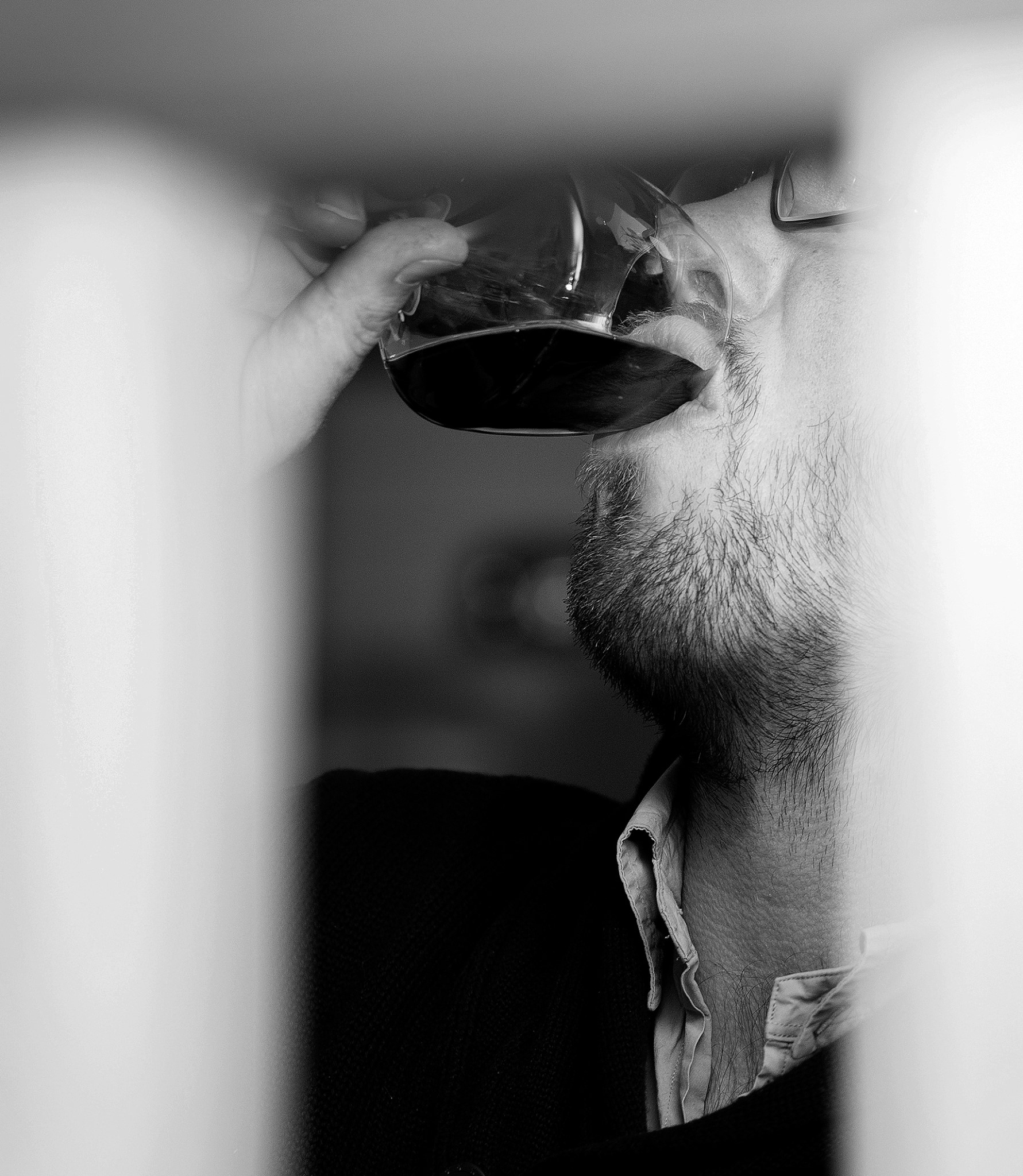
Not that the act of tasting is honest or objective. Since natural has no label, no fixed definition, no halo nor dark cloud, sceptical drinkers would surely have to determine that a wine is natural before damning it for being so! This is a logical absurdity when those same people seek to refute the very existence of natural wine – which is surely having your argumentative cake and eating it. Anyway, it seems that if you equate the notion of low/no intervention wines with faultiness and are told that a wine is natural, then you may well be predisposed to find fault with it. This is nothing to do with the wine in question but rather a desire to compartmentalise all wines, reflecting that very human need to see the universe in Manichean terms.
I am not making the case for natural wine here, but rather looking at the kind of straw-man logic that characterises arguments about the subject. I find it surprising that professionals might confuse one swallow for a summer, or generalise about several thousand wines that they have never tasted on the basis of their experience of one bad wine (in their opinion). From our wide experience of tasting natural wines, we know that different cuvees from the same grower can be markedly different, different vintages will be naturally different, wines can and will develop in their own unique way, and growers’ styles will be refined as their understanding of their vineyards and the processes improves.
The propensity to excessive simplification is indeed natural to the mind of man, since it is only by abstraction and generalisation, which necessarily imply the neglect of a multitude of particulars, that he can stretch his puny faculties so as to embrace a minute portion of the illimitable vastness of the universe. —James George Frazer, The Golden Bough
If generalisations are shallow and stringent definitions are unnecessarily prohibitive what is there left to hold on to? Just as a certain person might view a natural wine as the aggregate of all its natural flaws, with flaws being faults by any other name, so I feel that the raw, unfiltered truth of the wines contributes to their individuality and manifests itself in a kind of irresistible energy. I also believe that heavily manipulated wines have unnatural flaws, chemical imbalances that detract from my pleasure of drinking them. These feelings are intuitions, or instinctive recognitions of a particular style – the wines that accord (or do not accord for that matter) with me.
We speak about wine as if were simply an end product, something created for us to pass judgement on. Yet wine also has an identity independent of our evaluations; it is what happens after the place, the time, the person or people, the vines and the farming have combined in a peculiar alchemy.
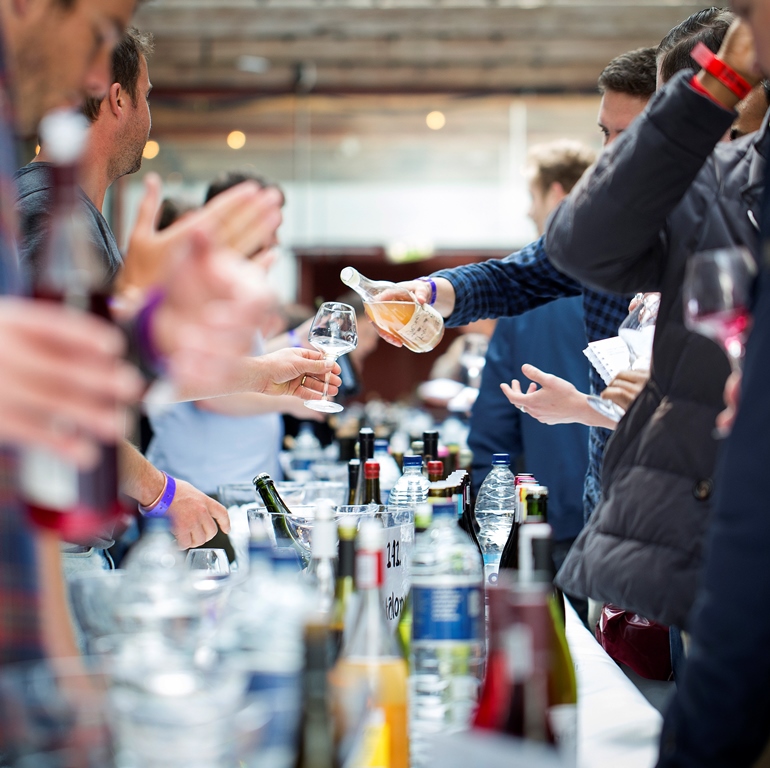
No-one denies that wine has a human input. There are hundreds of decisions and revisions which make a wine what it is. Just because the grower is making decisions doesn’t mean that the wine can’t be natural on its own terms. Rather than looking at the wine though as the product which will be decided by the end user, the more natural (and more fearless) approach is to make a wine where the raw materials speak for themselves. Sometimes you have to be super-vigilant, sometimes you can more or less let nature take its course in order to allow those raw materials to speak eloquently. No-one disputes that there are structures, but within structures there may be chance, wildness and unpredictability. When the winemaking process is without the modern safety net of additions, subtractions and chemical interventions it may surely be defined as natural winemaking. Where you allow nature to pretty well take its course bar physical accompaniment (and, yes, laissez-faire is a kind of intervention if we are going to be absolutist about this) then a critical element which controls outcomes is drastically reduced. You can argue whether this is desirable; you cannot say that it is not natural.
Let’s not be afraid of words though. Natural, as a descriptor, is applicable in a number of senses. An individual may be said to possess natural beauty. By that we mean that no make-up is required to enhance the stand-alone quirky beauty of the face. Natural may be used in an alternative sense to highlight that no chemicals are used in a product. Thus putting natural in the context of wine we talk about wine without maquillage and made without any added chemicals.
To adapt the Bard: Nature hath given you one face and you paint yourself another. The opposite of natural is not necessarily unnatural, but does imply that the winemaker has taken it upon him-or-herself to improve upon nature for whatever reason. And, as we are not talking absolutes, it is a fine line.
Club Nature
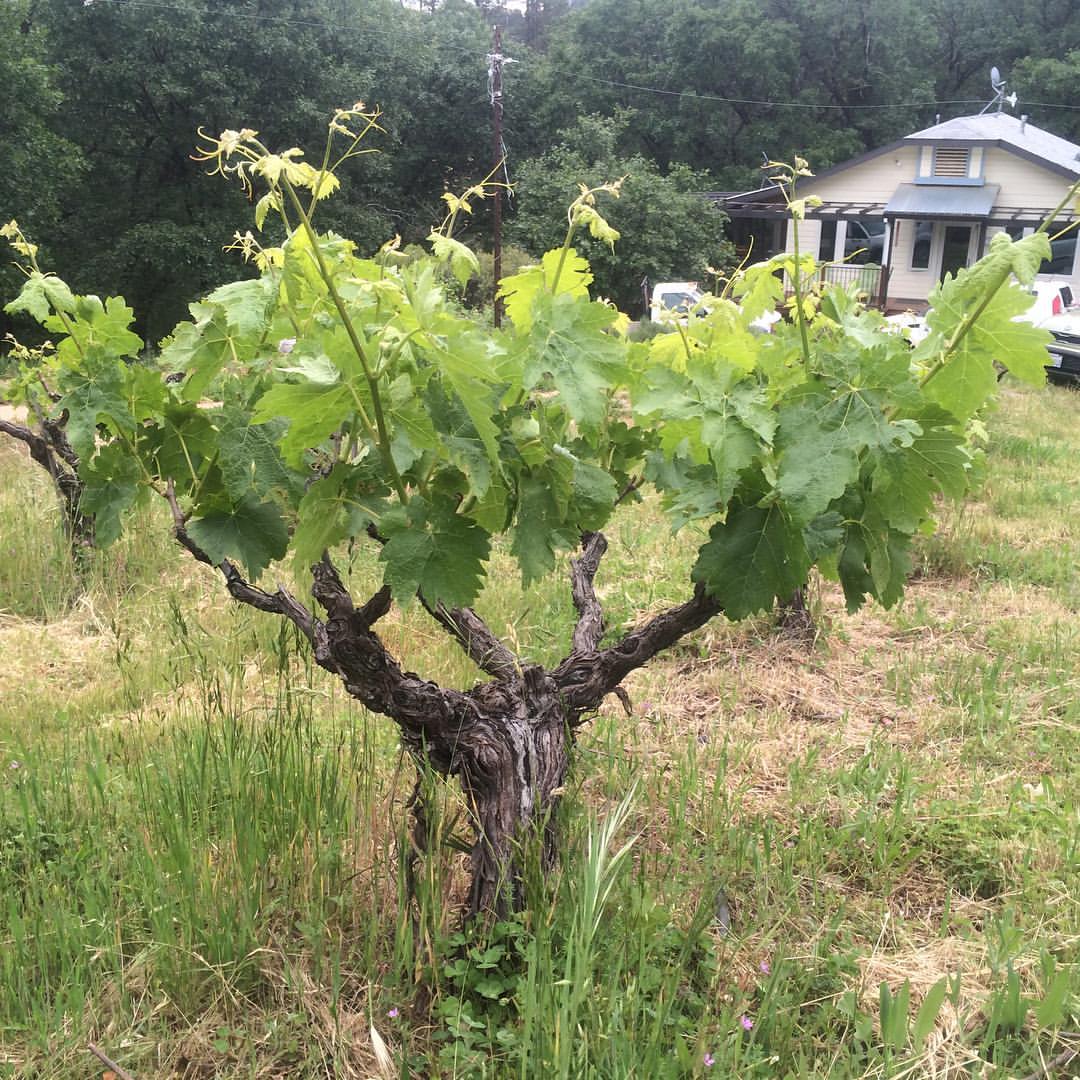
To invite growers to subscribe to a charter of responsible practice is to create a club. In order to belong to this club, growers must be prepared to be evaluated, which entails, by definition, excluding people who, on principle, dislike the idea of policing and legitimising wine by virtue of filling in forms. This type of oversight is viewed as the parole of meddling bureaucracies. I understand that there is a desire for practical definitions so that lines in the sand can be drawn and examples of good practice can be communicated to consumers, but the freedom to work according to one’s conscience should always be paramount – When a grower has been working intimately with the land for all his or her life and is told that this relationship has to be inspected, codified and stamped for approval it breeds mistrust (as if the grower is necessarily guilty until proven innocent). It is to say that the label or charter mark is the only verifiable proof of practice.
You might be able to group individuals under one banner; on the other hand, it militates against the spirit of what many of the growers are about, which is their very desire to be free of regulations. Organisations need money to police their members; in the end they may become too exclusive, or too inclusive, but either way must perpetuate themselves and be financially practicable. Depending on how you look at it, this can be a strength or weakness.
Some critics feel that the so-called natural wine movement should front up with precise rules. As certain growers don’t actively seek certification and don’t care if their wines are marketed as “natural”, labelling them thus becomes not only confining but also an irrelevance.
Loose confederations or groupings allow the growers to breathe, to experiment, to discover (and grow). We witness the same in politics – in that parties are made up of numerous factions, which themselves are made up of smaller groups and then finally there are the individuals. Sometimes, these groups and subgroups splinter and subsequently split from the main movement. The world of wine is no more than a microcosm of the world of politics. If one examines the history of “natural wine fairs”, one sees how ideology, pragmatism and personality blend into the events and imbue them with their creative tension. The idea has been mooted that some vignerons will call themselves natural (when they are patently not) in order to capitalise on the marketing potential of being part of a quasi-movement. Again whilst there might be isolated examples of bandwagon-jumpers, it is also patronising to suggest that importers, wine buyers and consumers are being constantly hoodwinked and that there is any commercial benefit to such a deception.
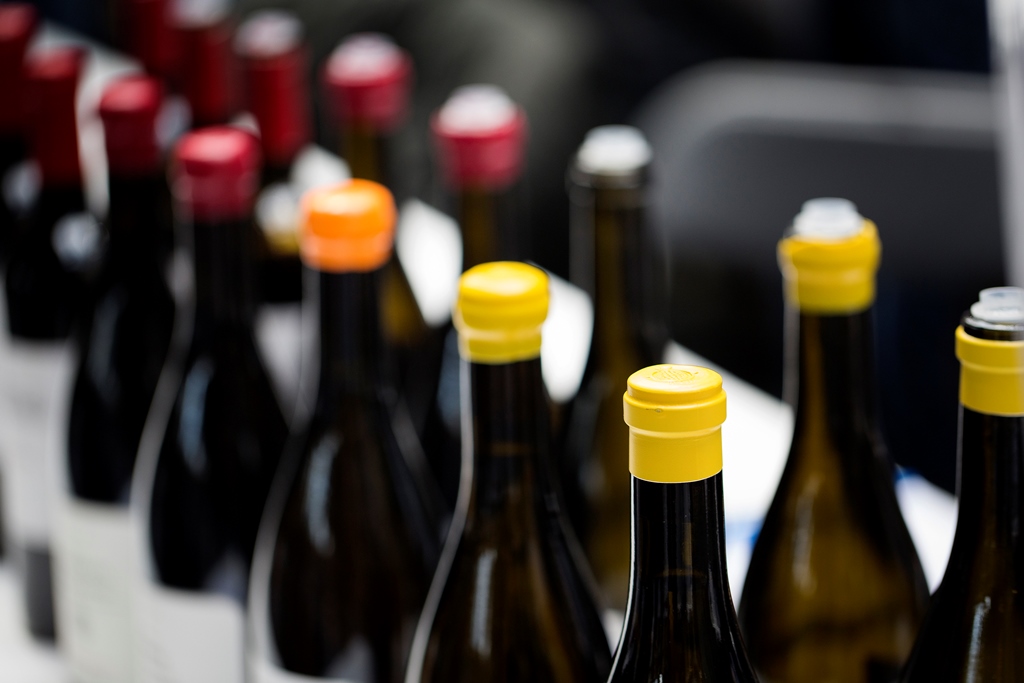
What gives natural wine its real progressive impact is that it doesn’t rely on the conventional means of propagating success. It is a fact, like nature itself, and achieves organic growth by putting down roots in sympathetic environments. Without the marks, the competitions, the critical approbation, the PR and the hype, selling the wines becomes a continuous process of tastings and events, of getting listings and exposure in restaurants and talking about one’s experiences of the wines on social media. One might term it active engagement or education; ultimately, however, the wines need to speak for themselves. The idea of natural wine is considerably less potent than the quality of the individual wines themselves. Despite what some wine merchants, oenologists and commentators would have you believe, no-one is making vinegar to prove an ideological point!
I’ve been in vineyards where nature runs fairly rampant and I’ve also been in biodynamically-farmed vineyards which have been cultivated with a very human hand. Perhaps the best thing to say is that “towards natural“ embraces diverse vinicultural approaches resulting in a very different and unique wine styles. There are indeed many mansions in the natural house. The same grapes can be made into totally different wines – clean skins versus skin contact, whole bunch versus destemmed, carbonic versus Burgundian method, stainless versus oak, and subsets of all of these. What links the wines is the fundamentals: organically grown grapes, wild ferments, no chemical adjustments, low to no SO2, zero or light filtration. Simple as that. And not so simple as that.

